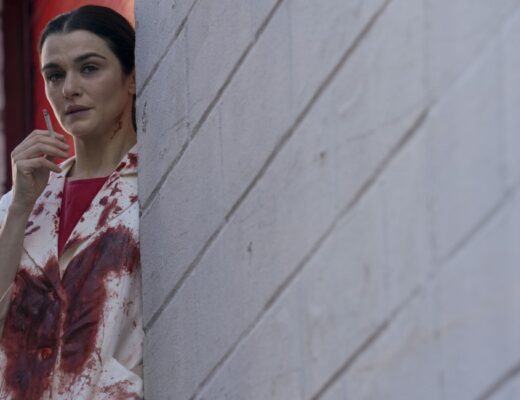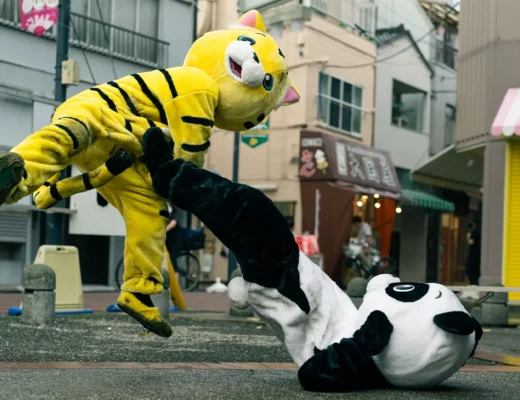Il buco is a rich, poetic film that seeks to articulate man’s existence both within and in tension with nature.
Through a constant fusion of documentary and fictional modes of expression, the 53- year-old Milanese experimental filmmaker and video installation artist Michelangelo Frammartino has so effortlessly and intuitively shaped his very singular cinematic vision: beginning with 2003’s Il dono (The Gift), and quickly perfecting his aesthetic and ontological worldview, perhaps much sooner than one could hope or imagine, in 2010’s highly-acclaimed sophomore feature film Le quattro volte (The Four Times). Nearly a decade since, the 78th Venezia’s announcement of Il buco (The Hole) premiering in its main competition has been nothing less than passionate and long-anticipated for many critics and audiences alike. Once again, Frammartino mainly adopts a radical aesthetic framework in studying the many different constituent parameters of image poetics and poetic imagery. Il buco is, first and foremost, structured around many dualities: fiction and documentary, figure and landscape, man and nature, mysterious and mundane, old and new, terranean surface and subterranean earth, folklore and post-industrial, the rural, traditional lifestyle of Italy’s poor southern villages and the booming economies of its prosperous northern cities, and even more significantly the interplay between different shades of light and dark which accord the film a hypnotic and mystical effect.
Just like Frammartino’s previous films, Il buco takes place within a very peculiar delineation of time, one that appears static and unchanging, yet on the cusp of rupture, preserving a moment and atmosphere existing over the brief course of a few final days or nights; the dawn and dusk of an era. No wonder, then, that this apocalyptic stillness is presided over by the mysterious presence of an old local shepherd, as we see him mostly sitting on an upland ground or standing upon a hill, while Frammartino intercuts the shots in a way that induce a spectacle of omniscience, a feeling that everything on the verdurous Calabrian plateau is situated under the old man’s godlike observation and his sharp, penetrating gaze: cattle that freely roam and graze these vast, unending landscapes, and then later, a group of young Turinese speleologists arriving on site to explore one of the world’s deepest caves, the Bifurto Abyss.
Frammartino’s familiarly patient and slow-paced rhythm works in tandem with this exceptional perception of time and space. Through the lens of his legendary DP, Renato Berta, Il buco depicts the transient and apocalyptic mood of the Calabrian plains with a series of fixed, long shots — for instance, in the tender and barely perceptible movement of floating clouds in the sky, as their shadows hover sedately over the fields. On the land’s surface, everything remains in a state of tranquility and exuberance (just like the old shepherd that, later, peacefully takes his last breath on his deathbed) while on the other hand, during the long sequences where the speleologists struggle to penetrate and explore the strange, abysmal hole, the subterranean world evinces much greater tension, encapsulating a claustrophobic and purgatorial condition that shares some conceptual resemblance with the documentarian output of Werner Herzog.
In this sense, Frammartino’s dialogue- and music-free film, wherein each minor diegetic sound (like those of cowbells or dripping waters) or lack thereof (long pauses of silence) forms a unique ambient soundscape, is all about man’s existence both within and in tension with surrounding nature, whether in the shepherd’s circadian congruence with it or through the ambitious youth and their restless, more-or-less futile aims toward knowledge and conquest. Put simply, one can see Il buco as a film that slowly manifests itself, in a very rich, poetic, and concise fashion, before the eyes and ears of its viewers, one that gradually taps into our deeper sensorial and intellectual levels with each thoughtful step it takes.
Originally published as part of Venice International Film Festival 2021 — Dispatch 1.







